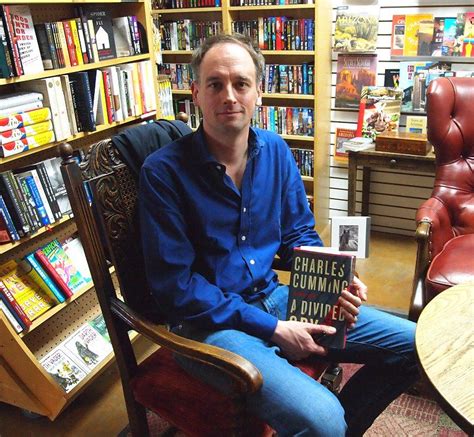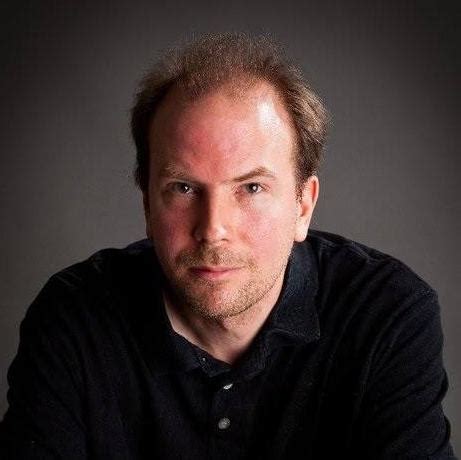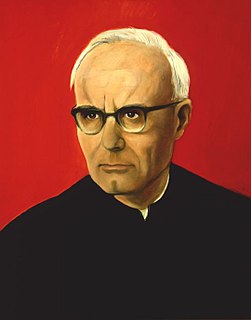A Quote by Marilu Henner
Silence and solitude are more distracting to me than chatter and commotion.
Related Quotes
St. John of the Cross points out that the divine music can best be heard in solitude and silence. The sonorous music is not a physical sound that vibrates the eardrum but something transcending the senses. Physical solitude and silence remove the distracting noises that prevent us from hearing on deeper levels.
It is in deep solitude that I find the gentleness with which I can truly love my brothers. The more solitary I am, the more affection I have for them. It is pure affection, and filled with reverance for the solitude of others. Solitude and silence teach me to love my brothers for what they are, not for what they say.
There is an old proverb to the effect that 'all those who open their mouths, close their eyes!' The purpose of silence and solitude is to be able to see and hear. Control rather than no noise is the key to silence. James saw clearly that the person who could control his tounge is perfect (James 3:1-12). Under the Discipline of silence and solitude we learn when to speak and when to refrain from speaking.
The fruit of solitude is increased sensitivity and compassion for others. There comes a new freedom to be with people. There is new attentiveness to their needs, new responsiveness to their hurts. Thomas Merton observes, 'It is in deep solitude that I find the gentleness with which I can truly love my brothers. The more solitary I am the more affection I have for them.... Solitude and silence teach me to love my brothers for what they are, not for what they say.
Sometimes I need silence; sometimes I need voices around - but not too loud or distinctive. I guess it depends on the piece in question, what stage I'm in. I think some voices can help me not to try too hard - especially at the beginning stages. Does that make sense? By some voice I mean, low chatter in the room. When there's low chatter in the room, I'm a little more relaxed, my mind might be a little more open.
A silence is needed before death, before life, before love. If you love a person you sit silently with the person. You would not like to chatter, you would like to just hold their hand and live and be silent in that moment. If you chatter, that means you are avoiding the person - love is not really there. If you love life, chattering will drop, because every moment is so filled with life that there is no way, no space to chatter. Each moment life is flooding you so vitally - where is the time to gossip and chatter?
Those final weeks, spanning end of summer and the beginning of another autumn, are blurred in memory, perhaps because our understanding of each other had reached that sweet depth where two people communicate more often in silence than in words: an affectionate quietness replaces the tensions, the unrelaxed chatter and chasing about that produce a friendship’s more showy, more, in the surface sense, dramatic moments.
Our view of man will remain superficial so long as we fail to go back to that origin [of silence], so long as we fail to find, beneath the chatter of words, the primordial silence, and as long as we do not describe the action which breaks this silence. the spoken word is a gesture, and its meaning, a world.
Doubt requires more courage than conviction does, and more energy; because conviction is a resting place and doubt is infinite – it is a passionate exercise. You may come out of my play uncertain. You may want to be sure. Look down on that feeling. We’ve got to learn to live with a full measure of uncertainty. There is no last word. That’s the silence under the chatter of our time.
It is very hard to live with silence. The real silence is death and this is terrible. To approach this silence, it is necessary to journey to the desert. You do not go to the desert to find identity, but to loses it, to lose your personality, to be anonymous. You make yourself void. You become silence. You become more silent than the silence around you. And then something extraordinary happens: you hear silence speak.



































